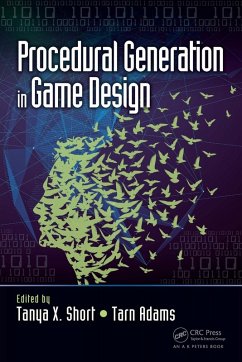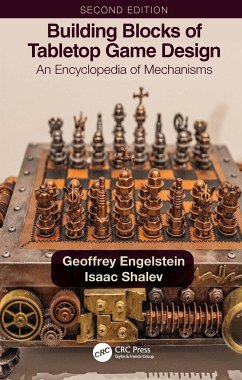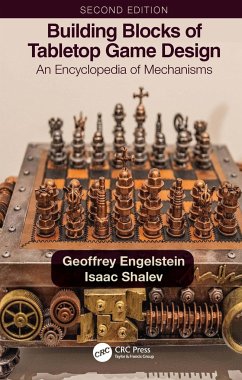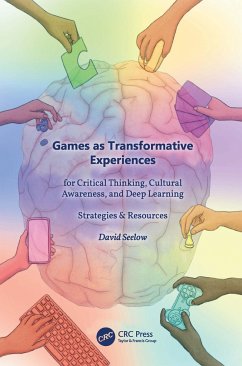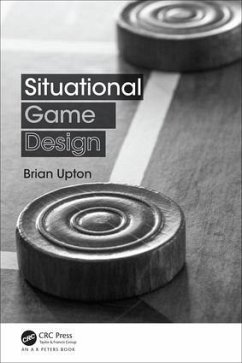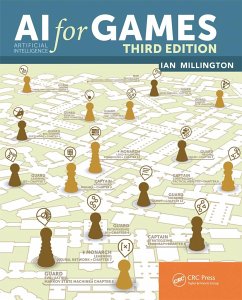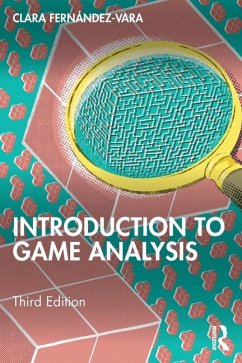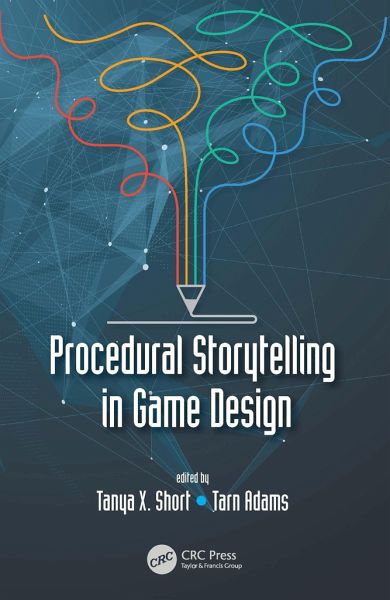
Procedural Storytelling in Game Design

PAYBACK Punkte
27 °P sammeln!
This edited collection of chapters concerns the evolving discipline of procedural storytelling in video games. Games are an interactive medium, and this interplay between author, player and machine provides new and exciting ways to create and tell stories. In each essay, practitioners of this artform demonstrate how traditional storytelling tools such as characterization, world-building, theme, momentum and atmosphere can be adapted to full effect, using specific examples from their games. The reader will learn to construct narrative systems, write procedural dialog, and generate compelling ch...
This edited collection of chapters concerns the evolving discipline of procedural storytelling in video games. Games are an interactive medium, and this interplay between author, player and machine provides new and exciting ways to create and tell stories. In each essay, practitioners of this artform demonstrate how traditional storytelling tools such as characterization, world-building, theme, momentum and atmosphere can be adapted to full effect, using specific examples from their games. The reader will learn to construct narrative systems, write procedural dialog, and generate compelling characters with unique personalities and backstories.
Key Features
Introduces the differences between static/traditional game design and procedural game designDemonstrates how to solve or avoid common problems with procedural game design in a variety of concrete waysWorld's finest guide for how to begin thinking about procedural design
Key Features
Introduces the differences between static/traditional game design and procedural game designDemonstrates how to solve or avoid common problems with procedural game design in a variety of concrete waysWorld's finest guide for how to begin thinking about procedural design





